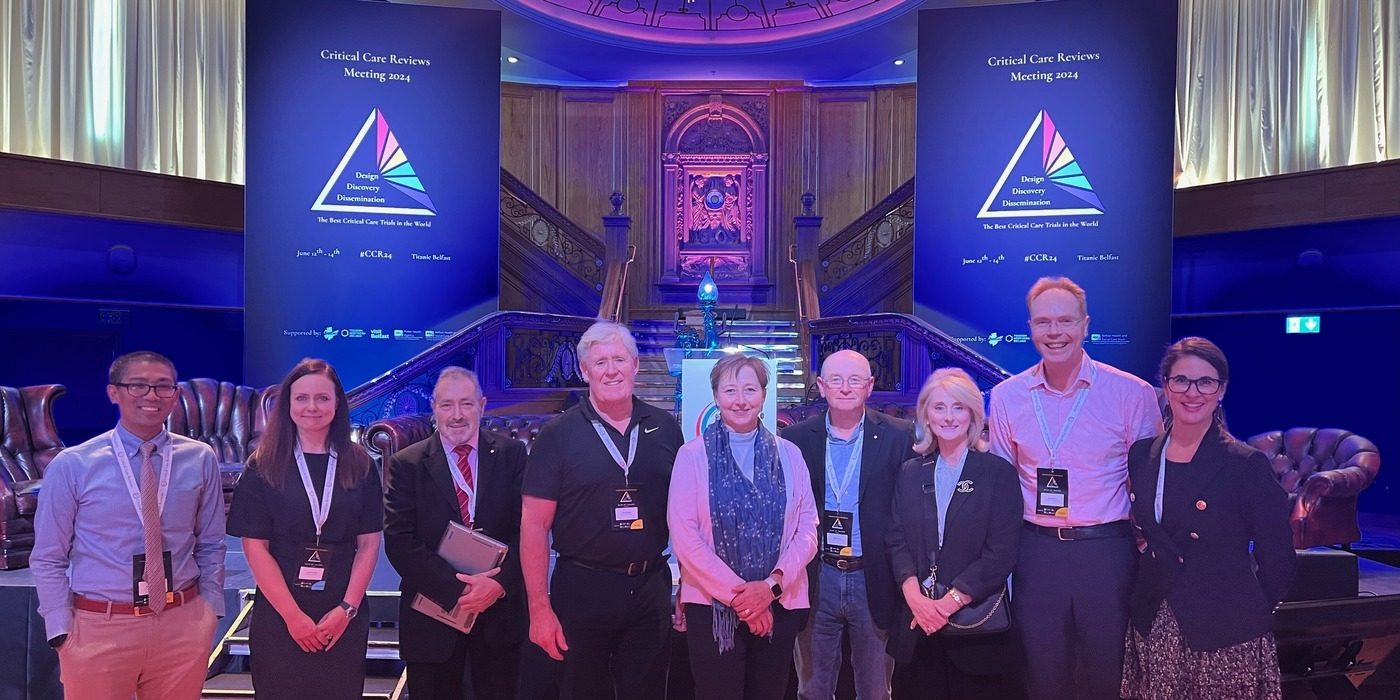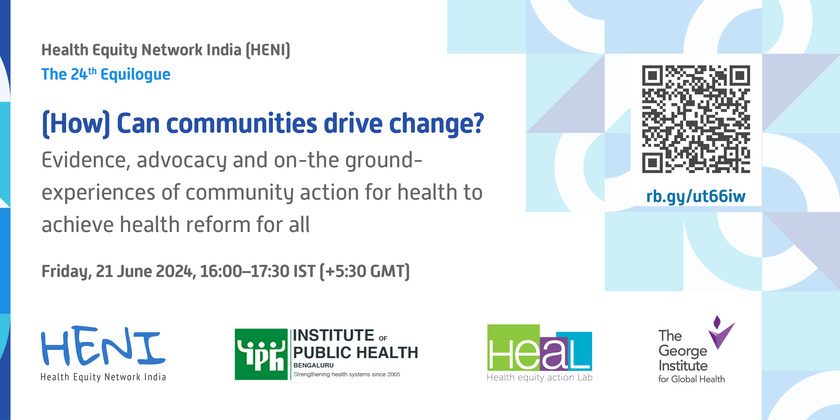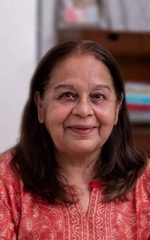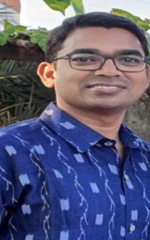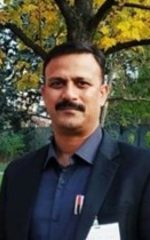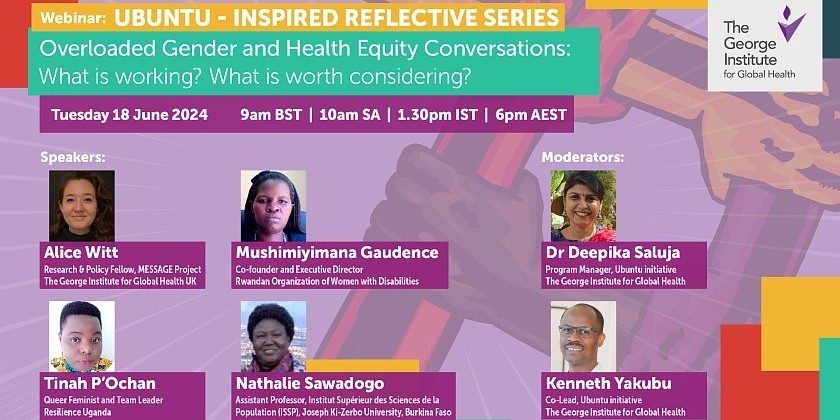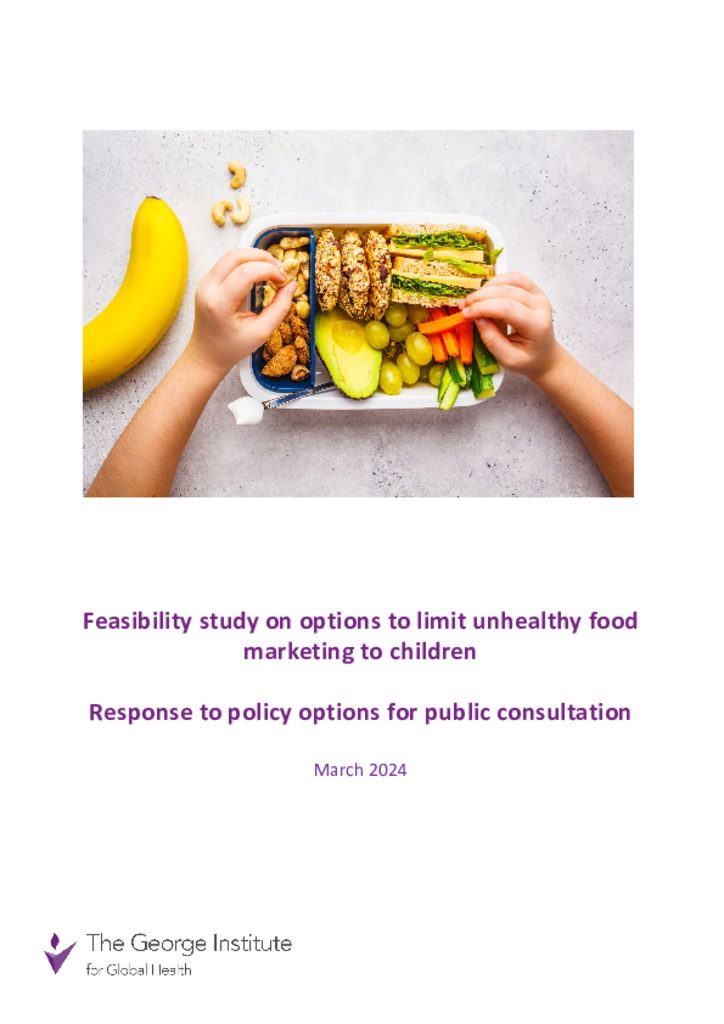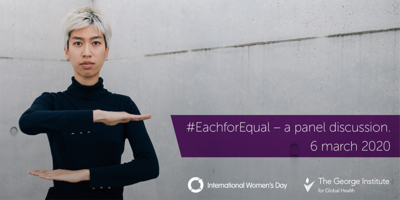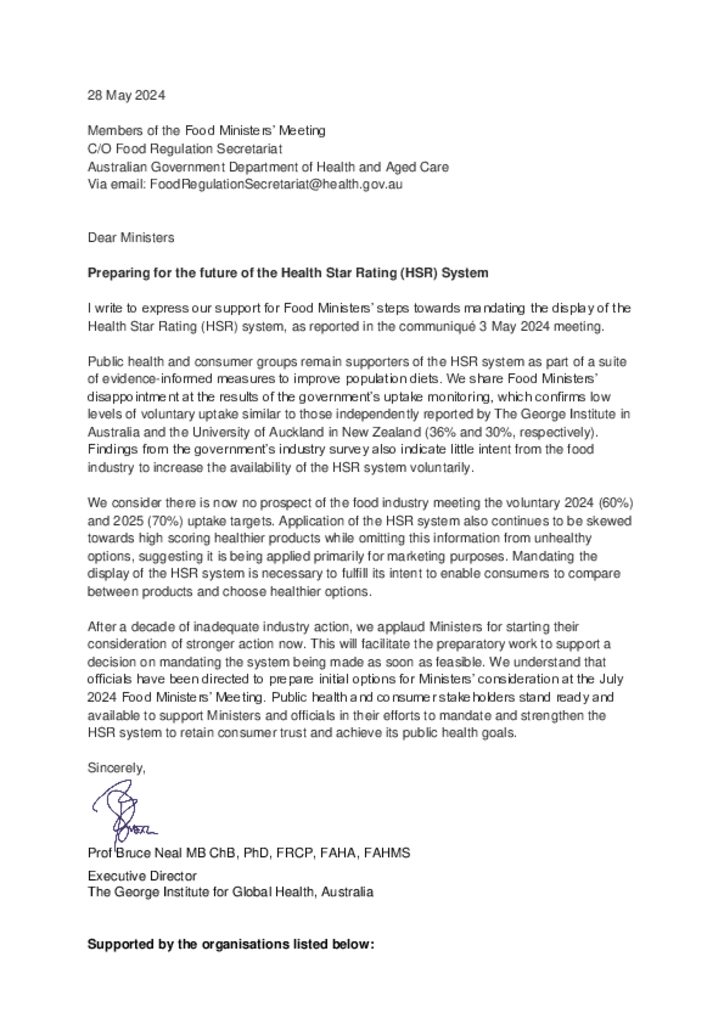The George Institute’s Critical Care Program team are celebrating an unprecedented achievement as authors, presenters and sponsors of two major global trials and three systematic reviews and meta-analysis - one using individual patient data - answering important treatment questions.
The Critical Care Reviews Meeting held in Belfast, Ireland from June 12-14 is one of the key events in the critical care calendar, highlighting major trial results and reviewing the best trials of the previous 12 months, regularly attracting attendees from 25 countries around the world.
Featuring throughout the program, the team’s research will help inform critical care treatment practice around the world, with the potential to save thousands of lives.
What is the best way to give antibiotics?
Changing the way antibiotics are given to adult patients with sepsis could save thousands of lives a year globally, according to new research sponsored by The George Institute. BLING (Beta-Lactam Infusion Group) III - one of the largest ever antibiotic randomised clinical trials - included more than 7000 patients in 104 hospitals across seven countries.
Director, Professoriate, and critical care physician Professor John Myburgh said, “Giving antibiotics in this way maintains the levels in a patient’s blood and tissue, killing bacteria at a greater rate.”
While the 2% lower rate of death was not statistically significant, it was clinically important, with one death prevented for every 50 patients treated. When the results were included in a systematic review and meta-analysis combining 18 studies and more than 9000 patients, continuous infusion showed a very significant benefit.
Program Head, Critical Care, Associate Professor Naomi Hammond, co-first author of the combined analysis said, “The much larger additional analysis we conducted saw this benefit double, saving one life for every 26 patients treated, suggesting the practice should be widely adopted.”
The BLING III trial and the systematic review and meta-analysis have been simultaneously presented and published in JAMA to coincide with the Critical Care Reviews meeting.
Does preventing ulcers with medication improve outcomes?
Critically ill patients are at greater risk of developing stress ulcers in the upper part of the gut, but why this happens is not fully understood. The development of these ulcers has been linked to an increased risk of death and longer stays in the intensive care unit (ICU) so today, most patients receive a type of medication called a proton pump inhibitor to prevent this. But this carries its own risk, with reports of a link to pneumonia and other types of infection, raising questions about the best treatment approach.
The Re-Evaluating the Inhibition of Stress Erosions (REVISE) trial was an international randomised blinded trial involving 4,821 critically ill patients on ventilators in 68 ICUs across eight countries.
Conducted by The George Institute for Global Health in collaboration with Canada’s McMaster University, the trial was designed to see if giving the proton pump inhibitor pantoprazole reduced rates of gastrointestinal bleeding and death from all causes after 90 days.
Researchers found that pantoprazole compared with placebo lowered the risk of clinically important upper gastrointestinal bleeding but did not influence mortality.
”While there was no change in mortality, reducing clinically important bleeding is an important patient centred finding supporting the use of proton pump inhibitors in this population,” said senior author Professor Simon Finfer, Professorial Fellow at The George Institute.
When these results were included in a systematic review and meta-analysis combining 12 trials and 9533 patients, the reduction in clinically important bleeding was confirmed with high certainty in the evidence.
The REVISE trial and the systematic review and meta-analysis have been simultaneously presented and published in NEJM and NEJM Evidence respectively.
Is tightly managing blood glucose better for patients?
Reduced sensitivity to insulin and stress-related high blood glucose levels are common in acute and critical illness and can lead to worse outcomes. But previous research into whether tighter control of blood glucose is better for critically ill patients has shown mixed results.
One possible explanation is that particular subgroups of patients may respond differently, but this hasn’t been studied in a randomised controlled trial.
The George Institute’s Critical Care team combined 20 trials and analysed individual patient data from over 14,000 critically ill adults that were randomly treated to achieve a lower or higher blood glucose target.
The research, simultaneously published in NEJM Evidence, showed that intensive glucose control was not associated with a lower risk of death, and in fact it increased the risk of dangerously low blood glucose levels.
Professor Simon Finfer, who led the study said, “We didn’t find any subgroup of patients that benefitted from intensive glucose control.”
“These results support current guideline recommendations to accept a certain level of elevated blood glucose in critically ill patients,” he added.
